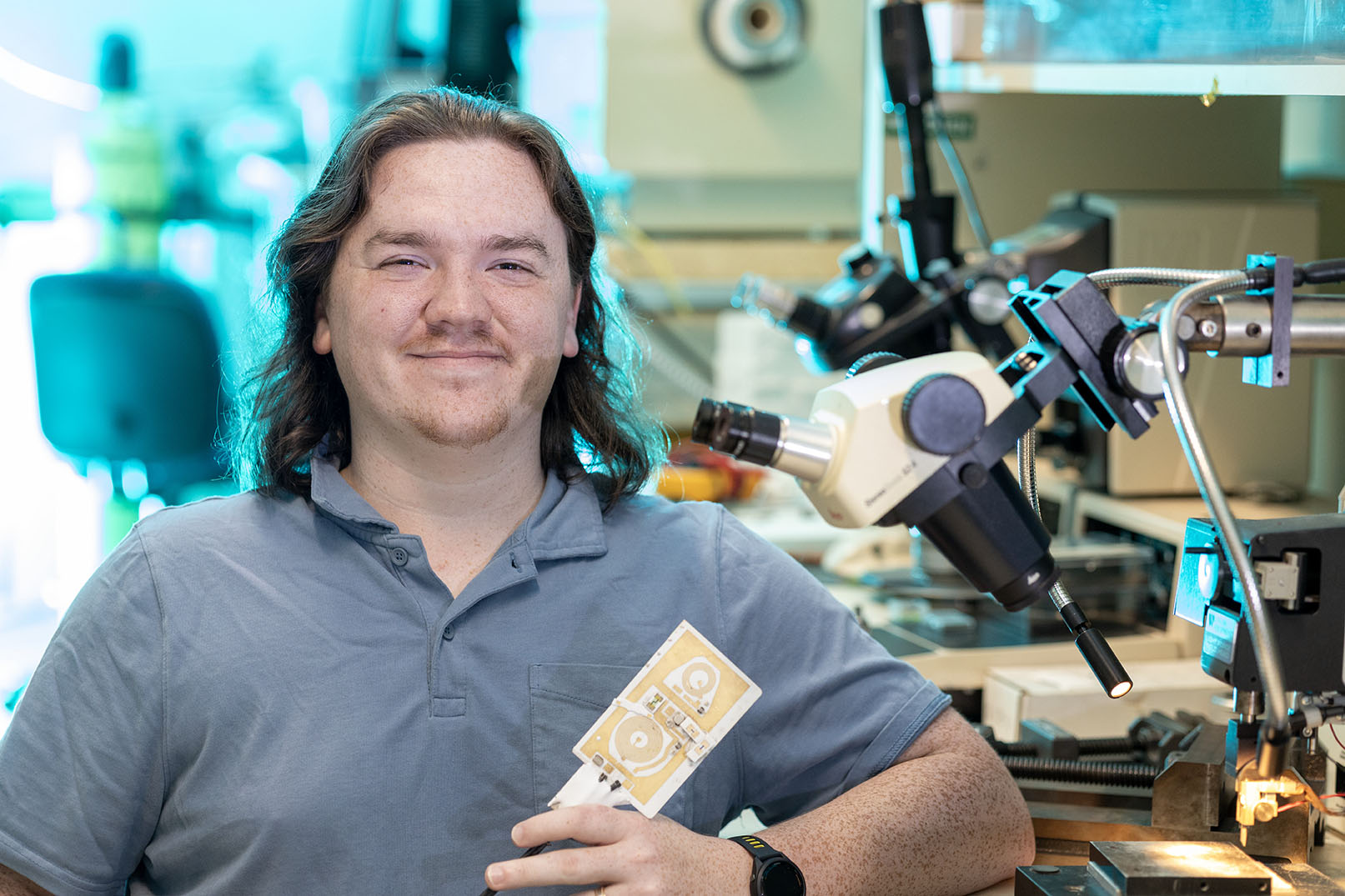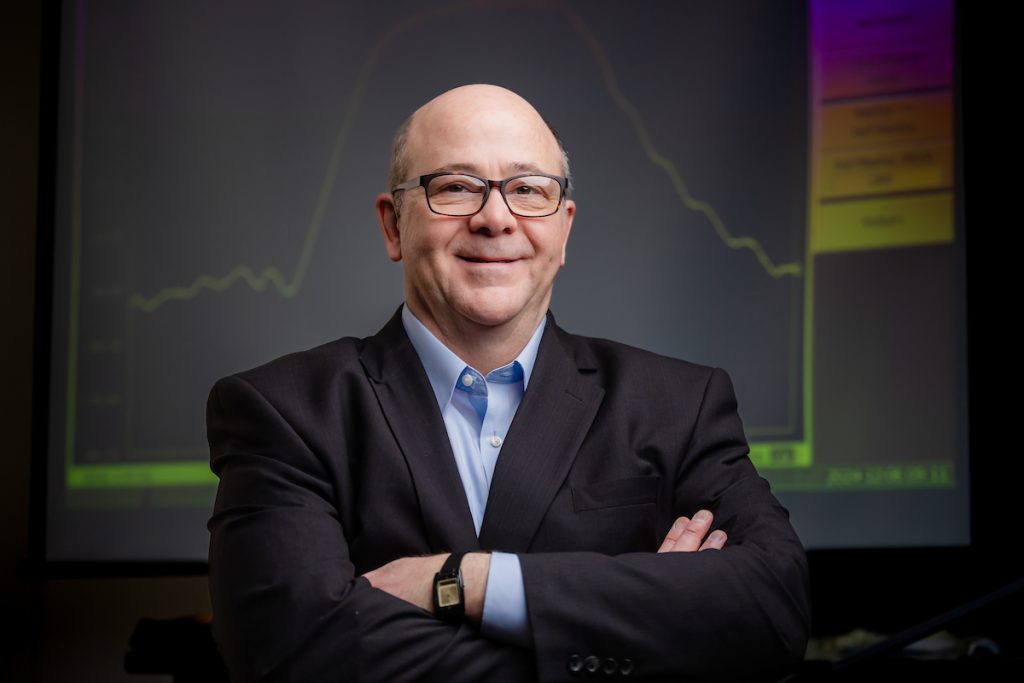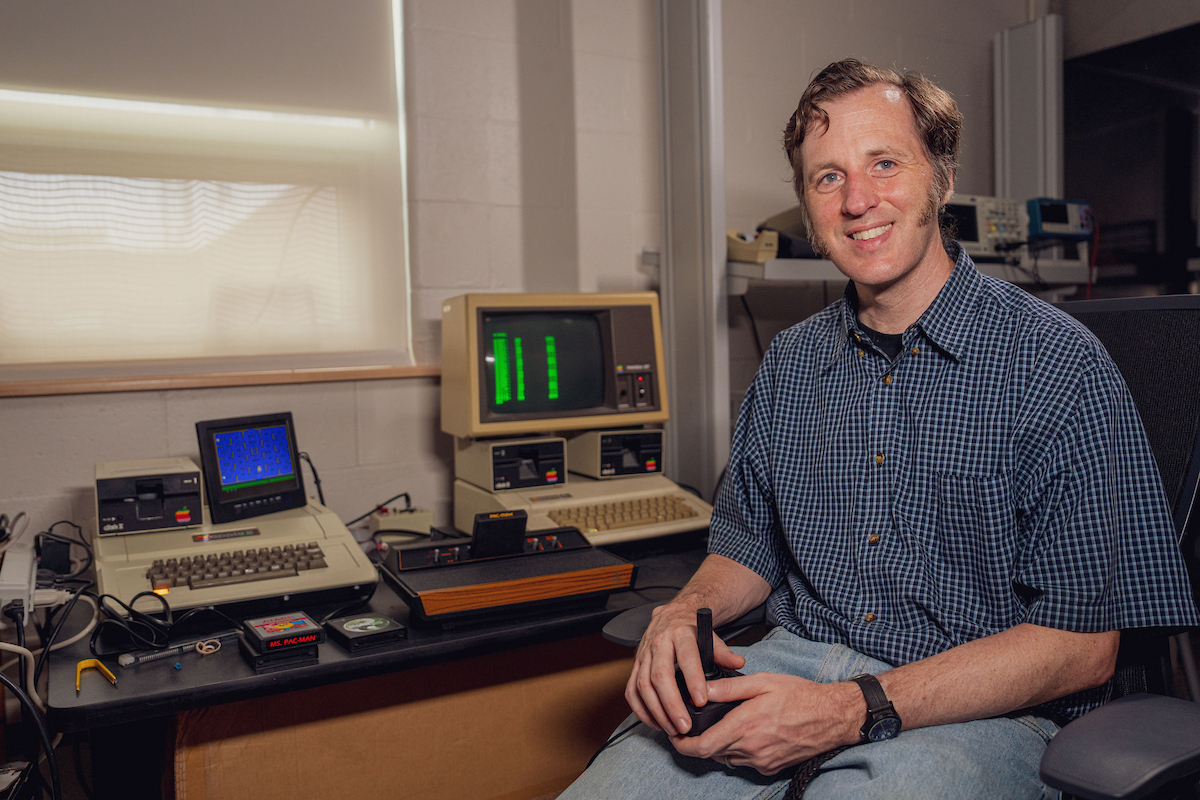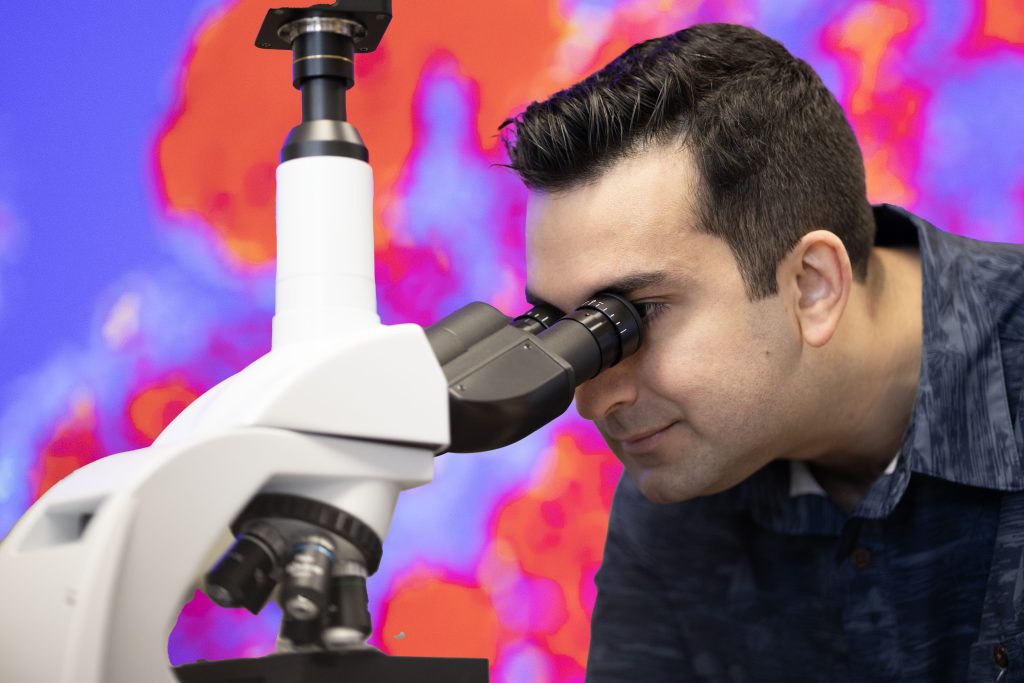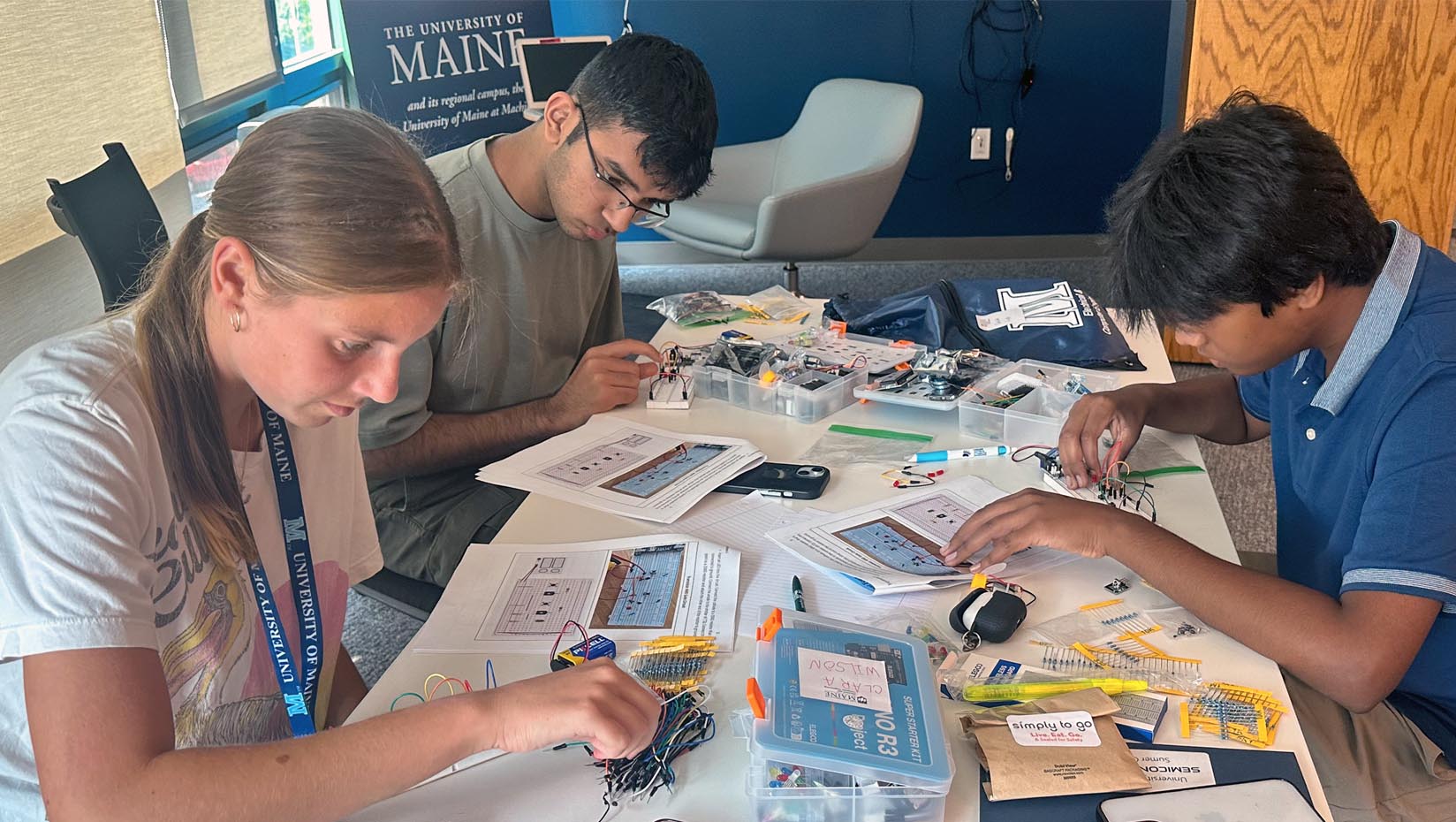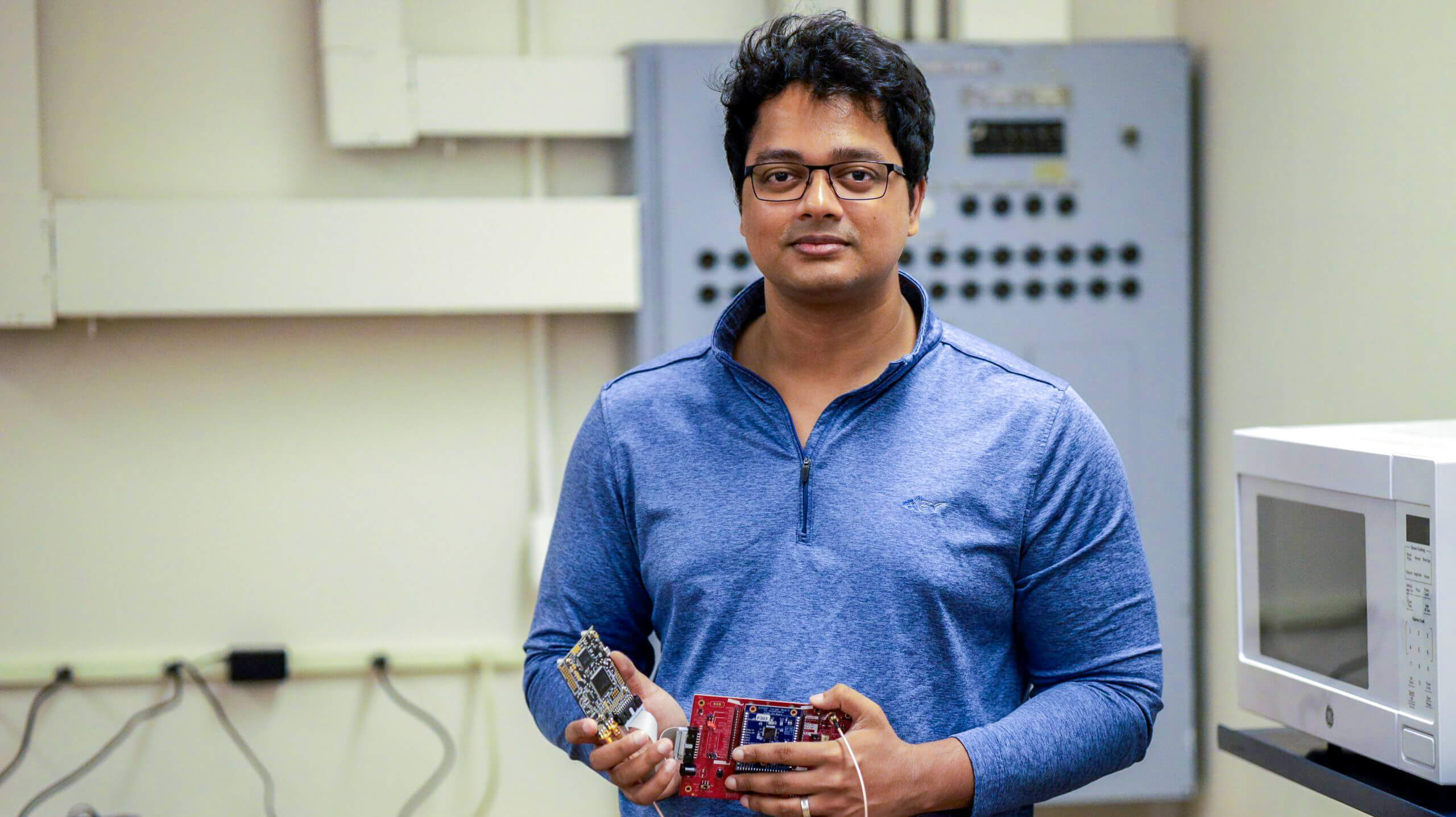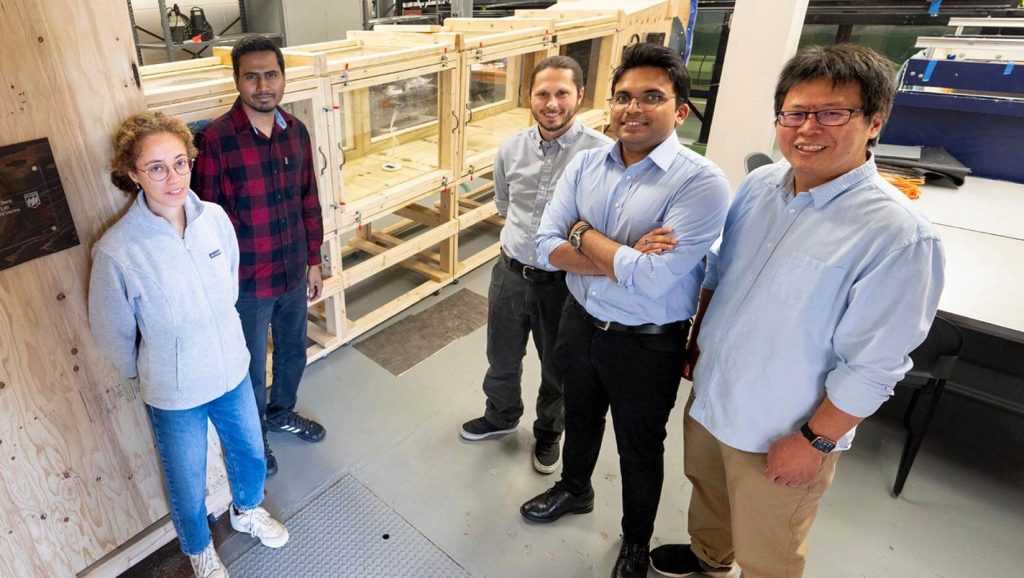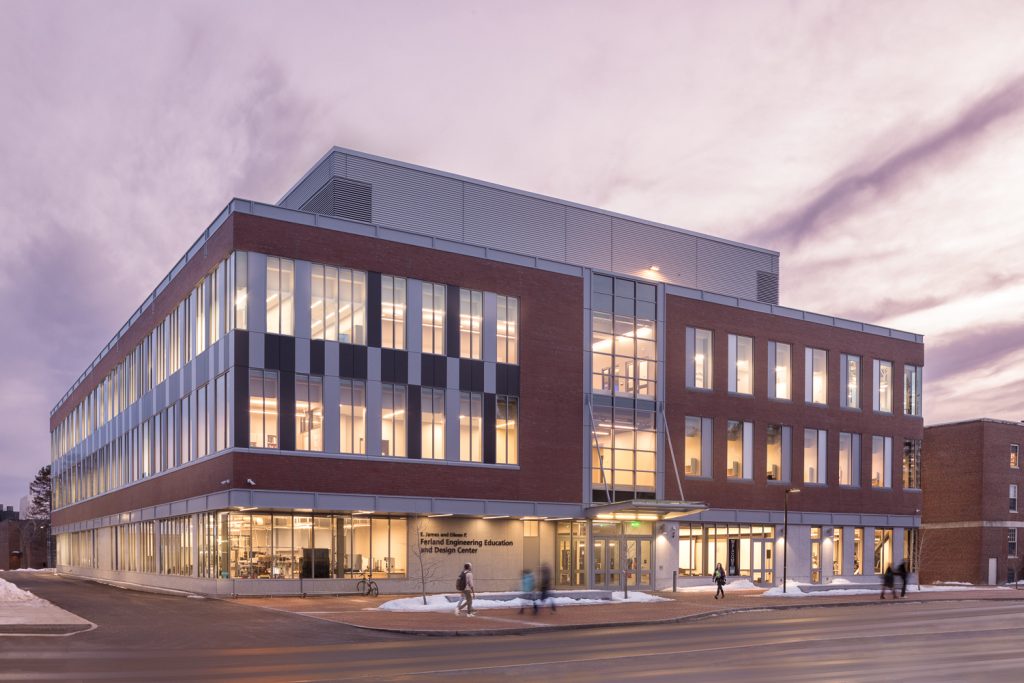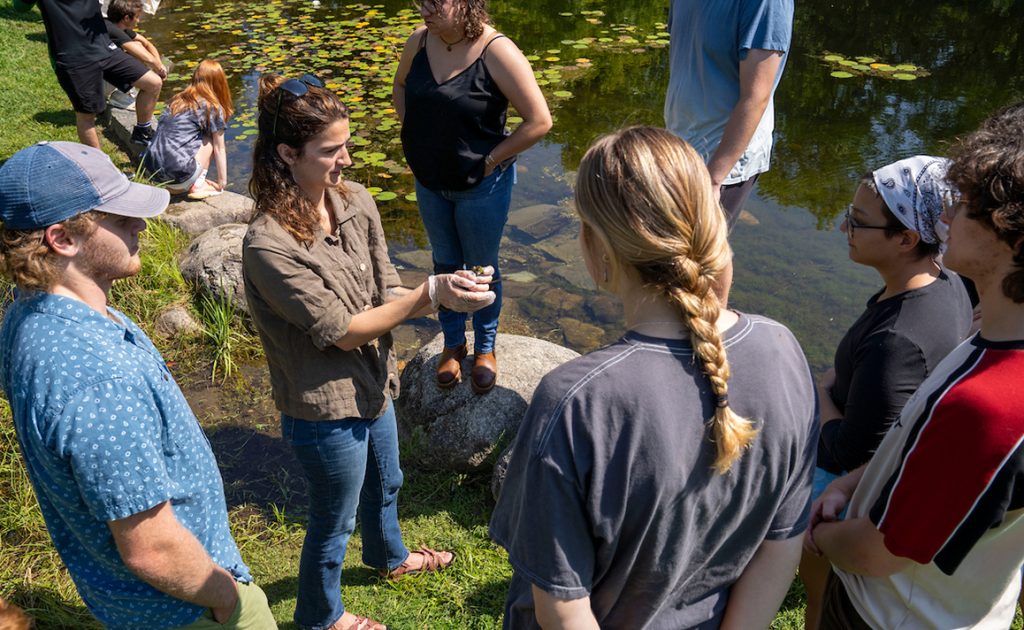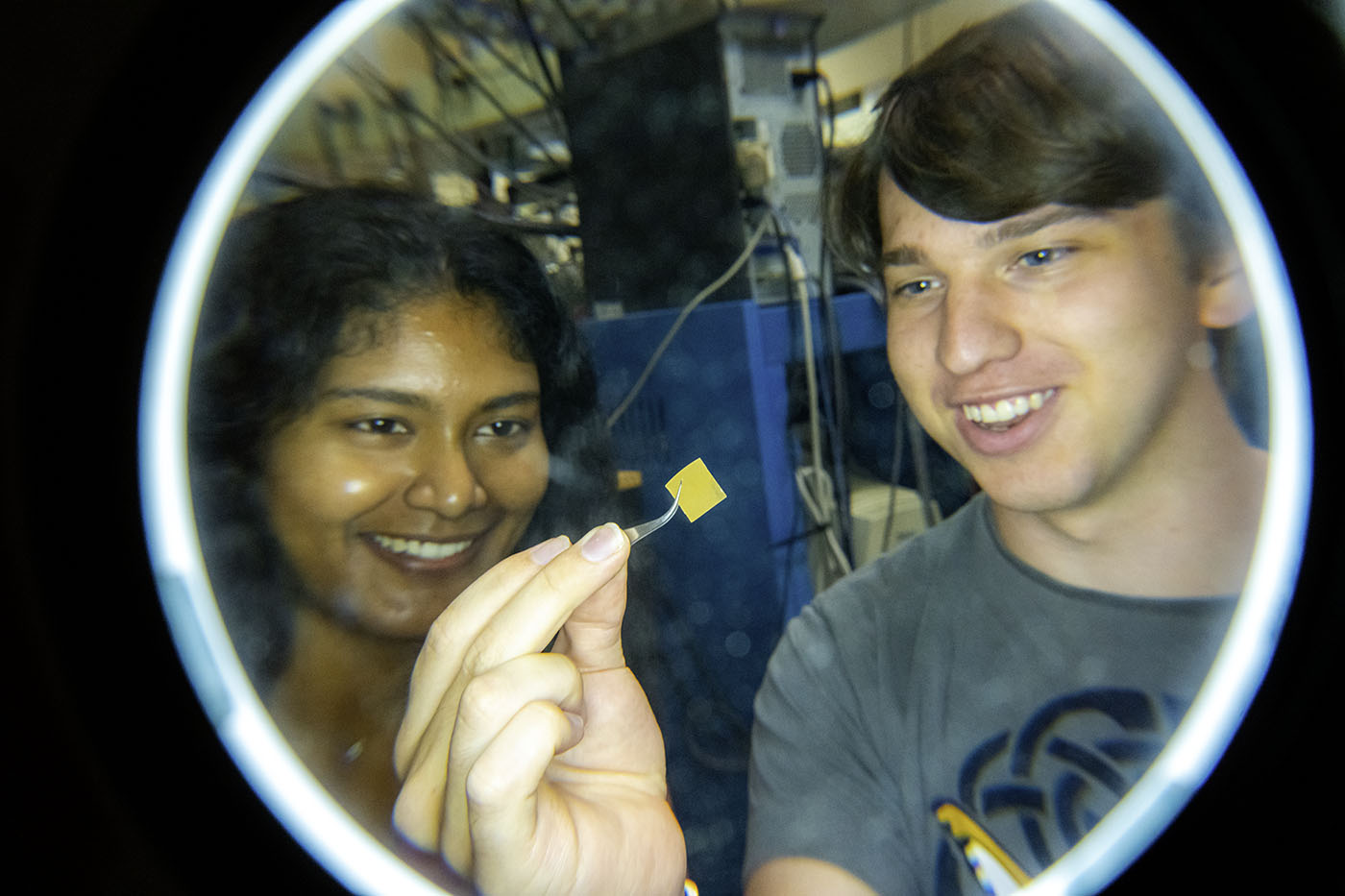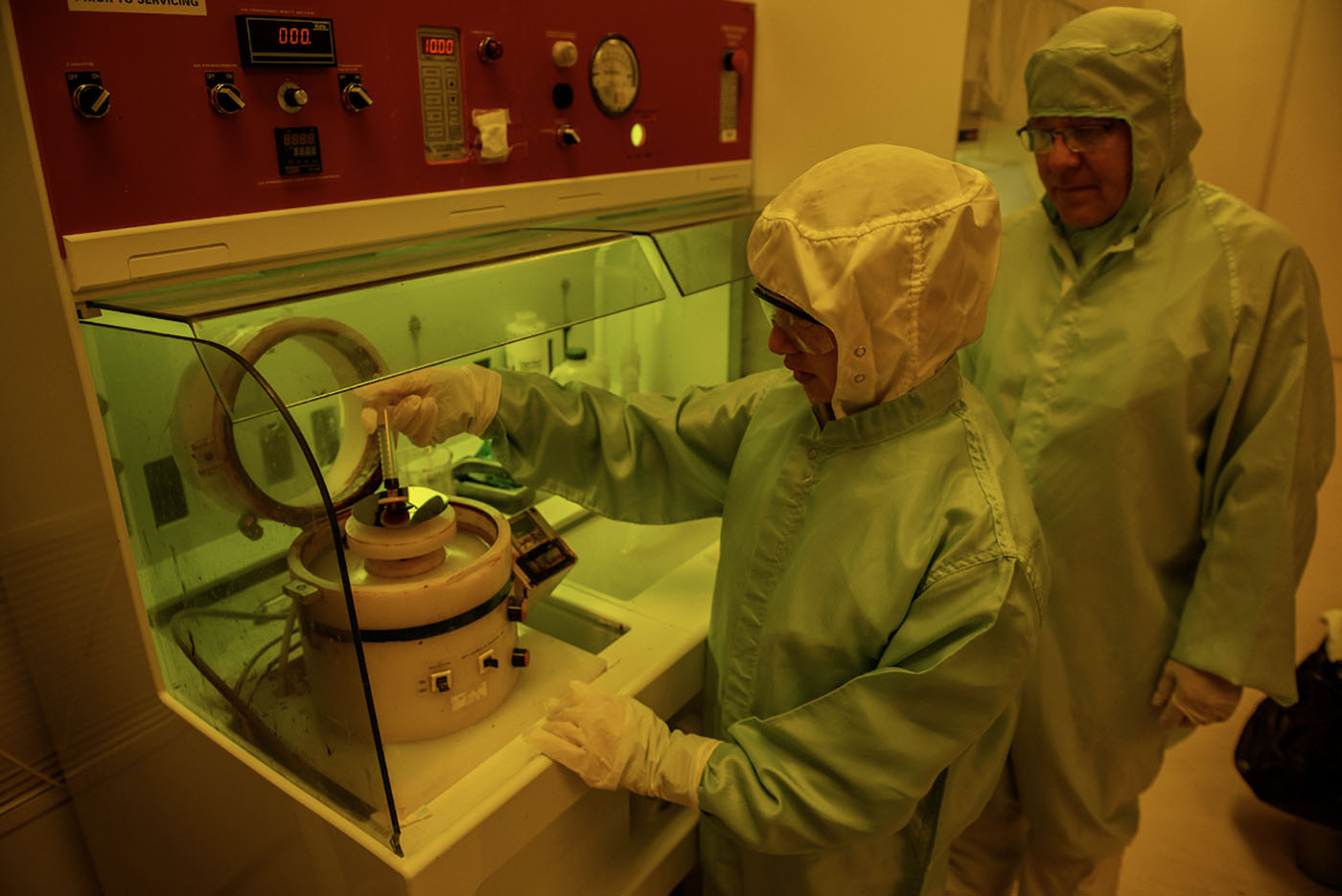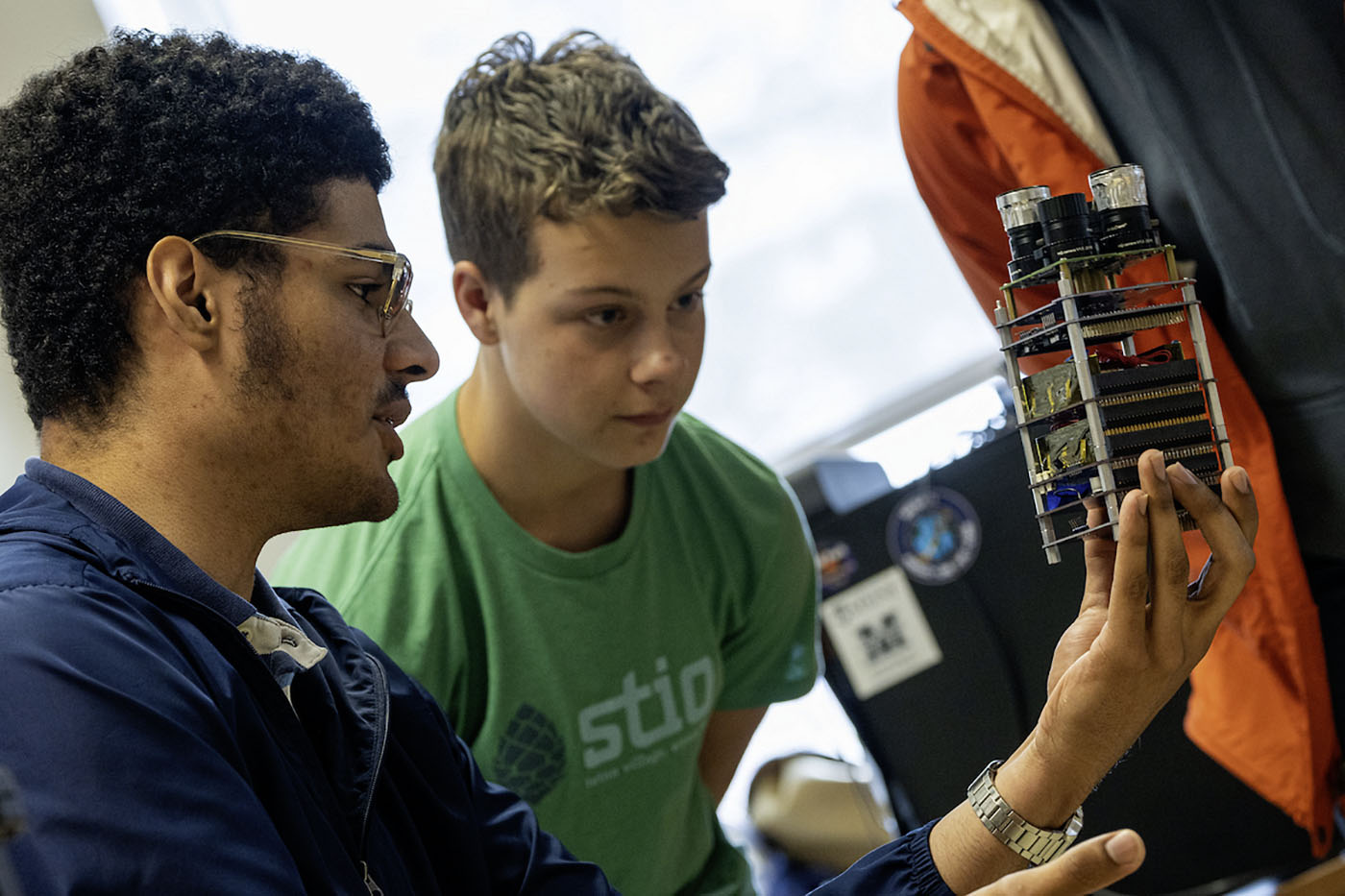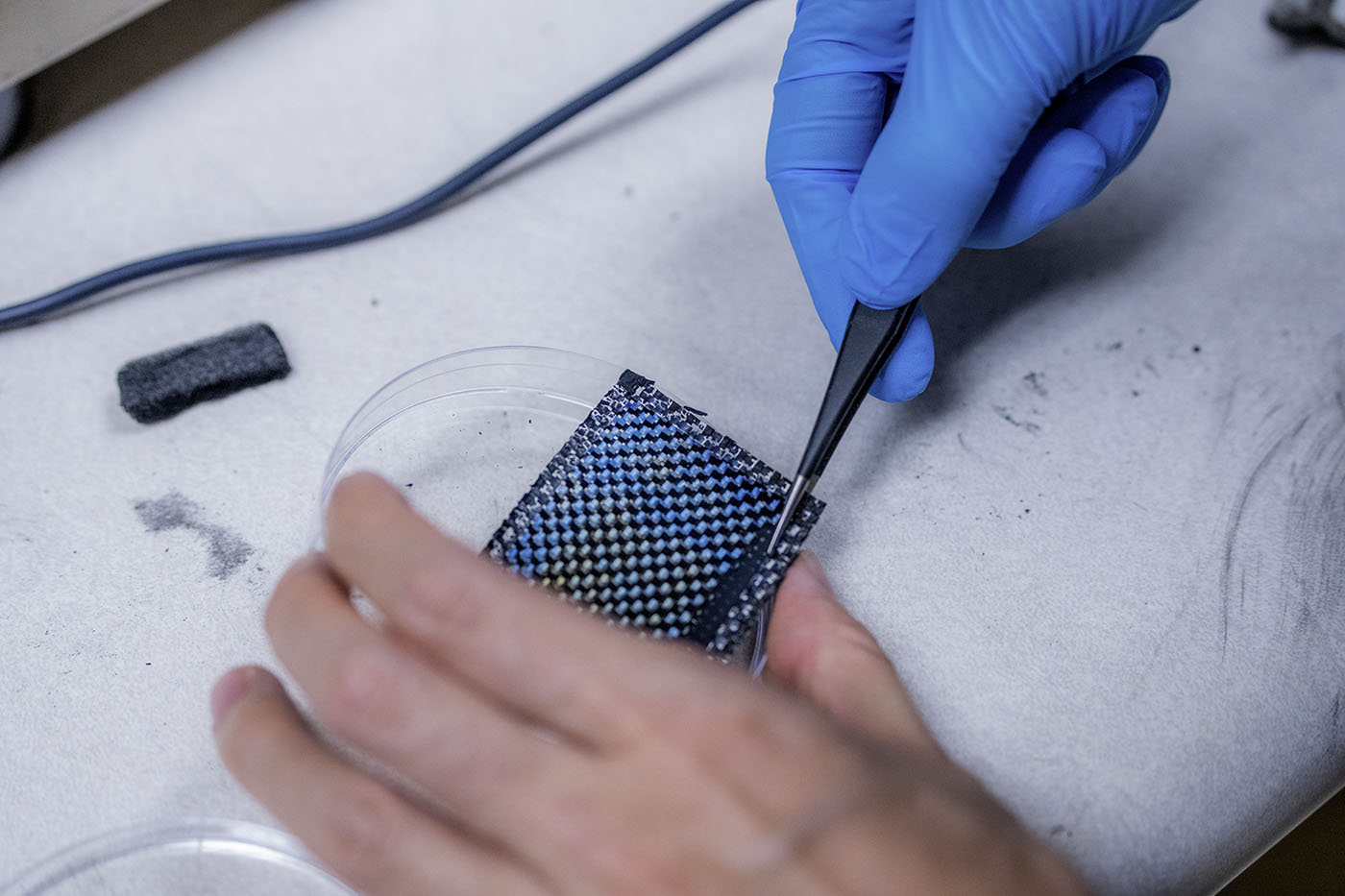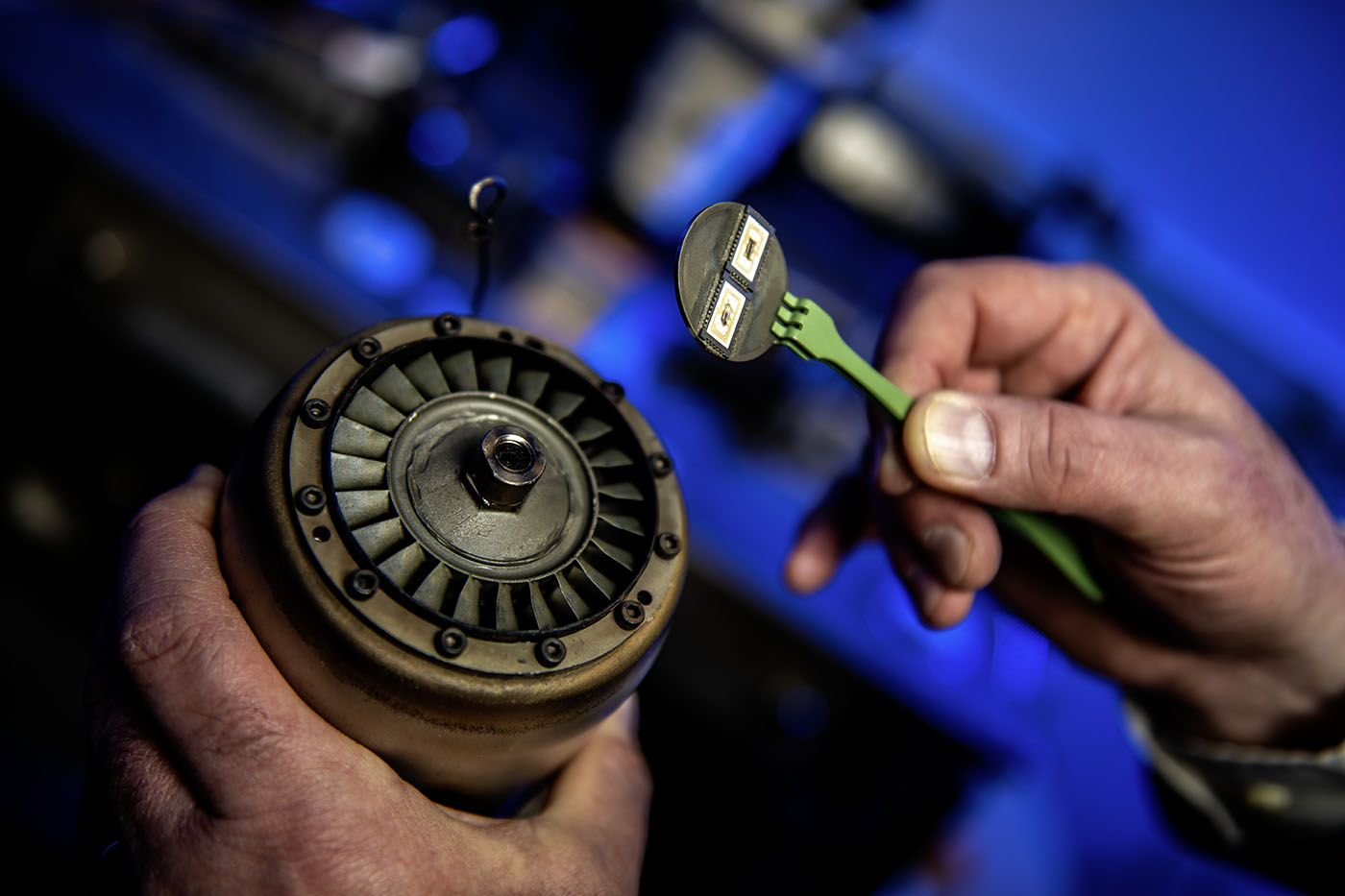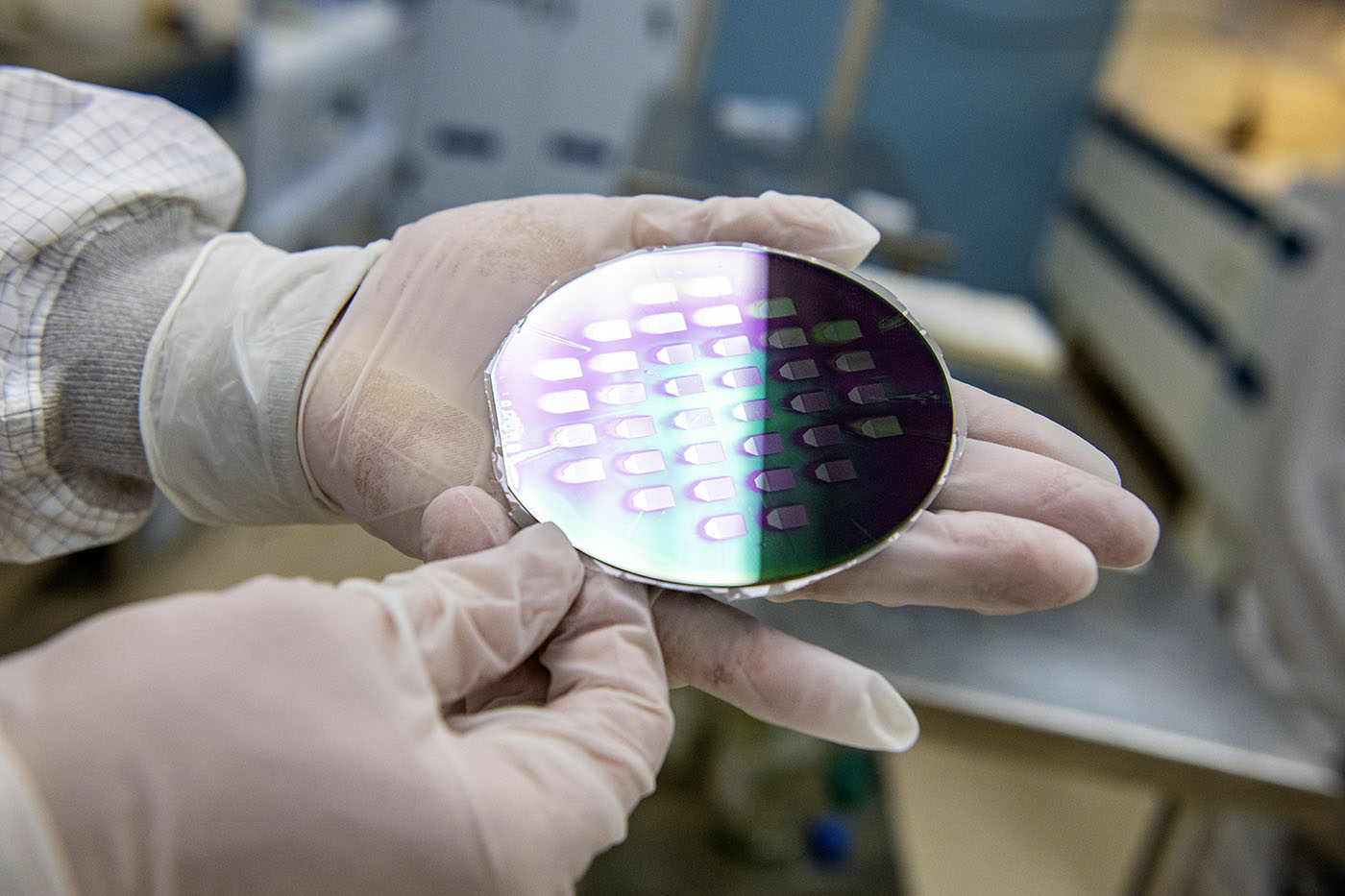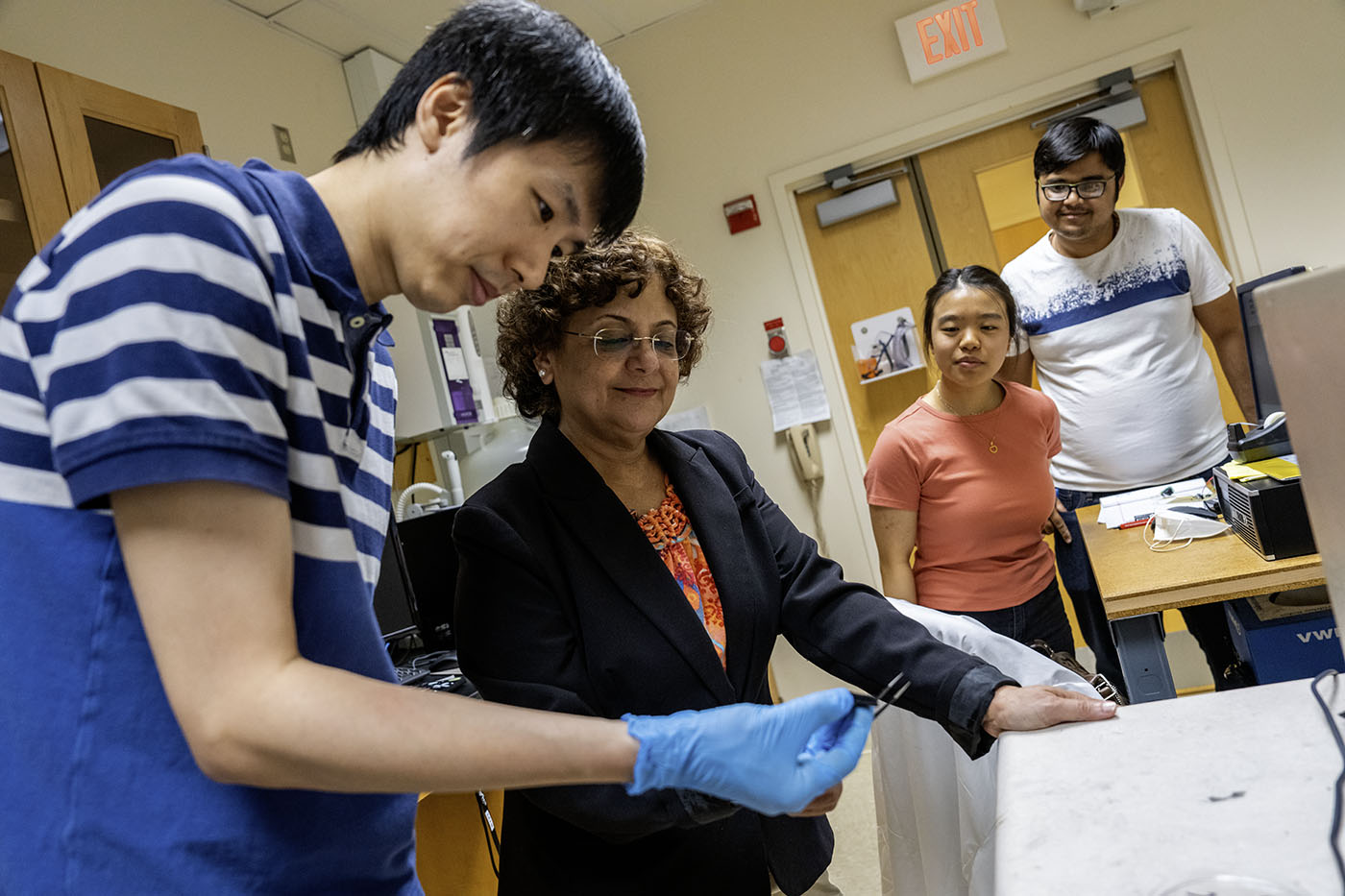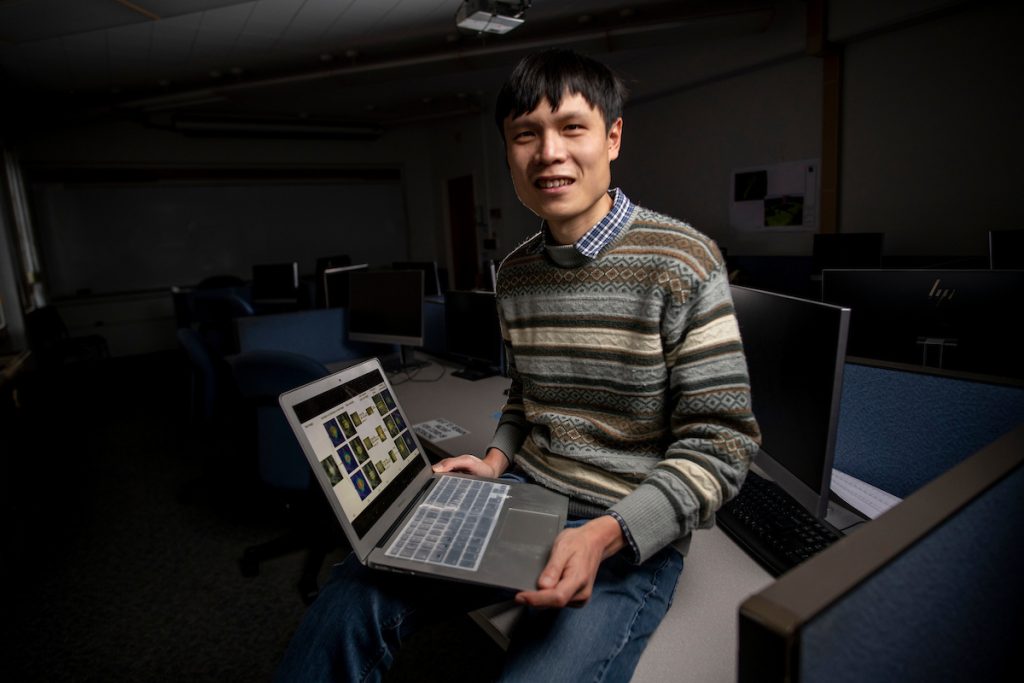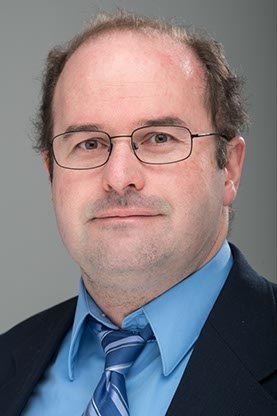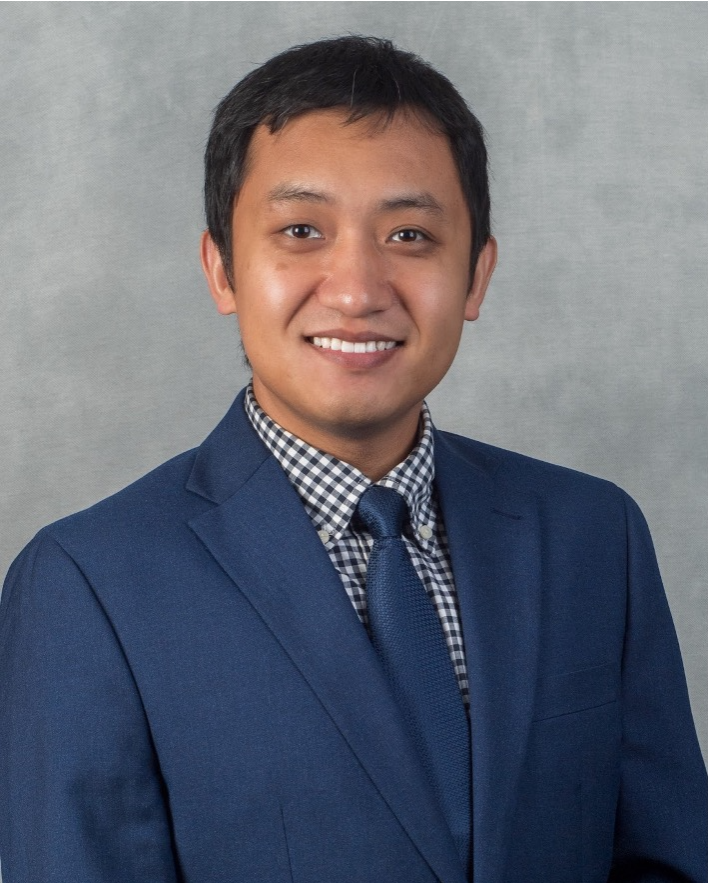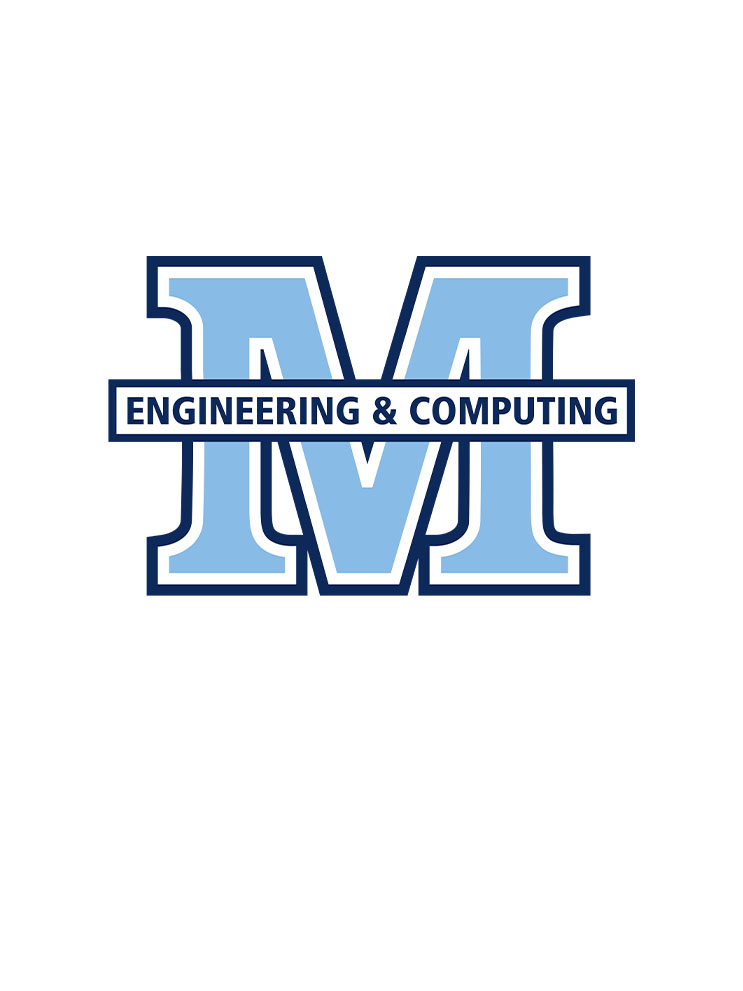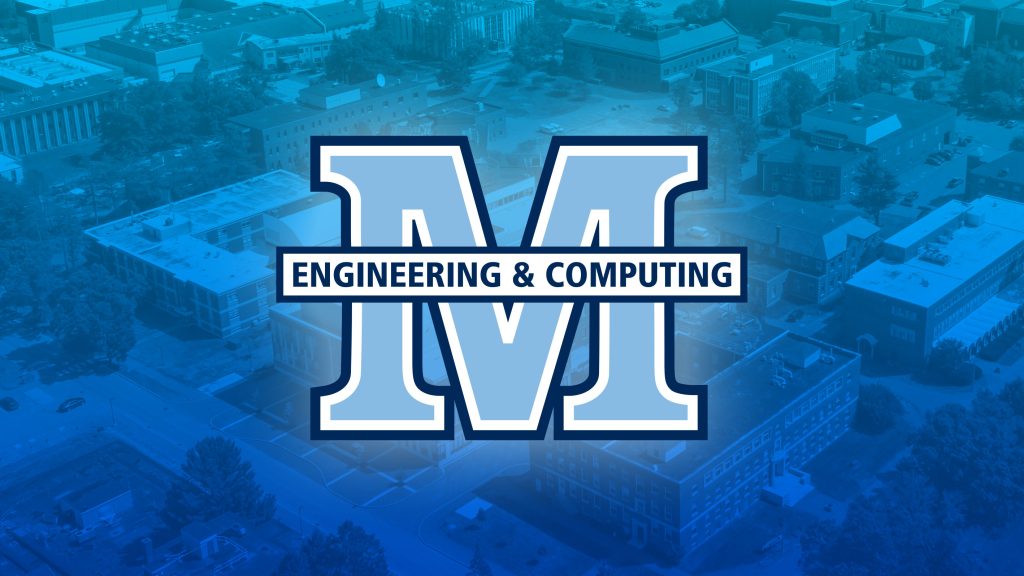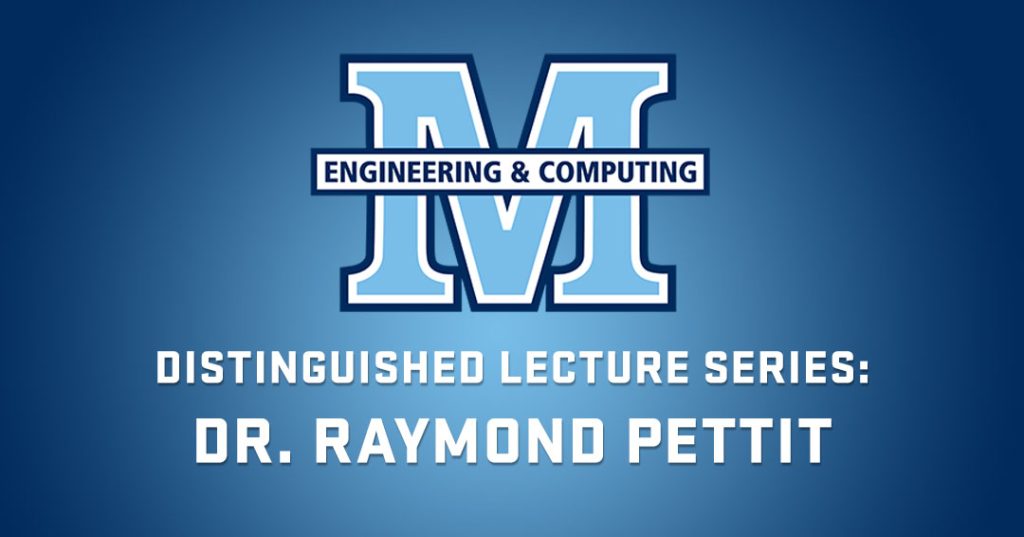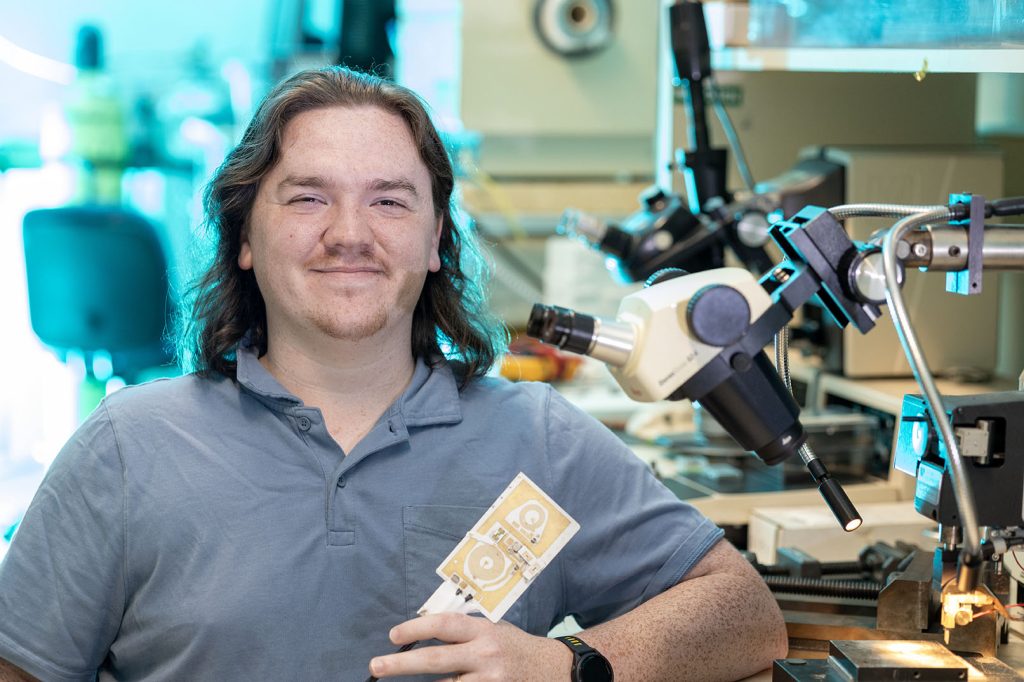Preparing students to design, build, and program cutting-edge computer-based systems. By focusing on digital hardware design and software integration, graduates are equipped to drive innovation in rapidly evolving fields like robotics, AI, and IoT.
Latest Innovations & Updates
Computer Engineering Overview
The University of Maine’s Computer Engineering Program prepares students to excel in the fast-paced and ever-evolving world of computing and electronics. Computer Engineering lies at the intersection of electrical engineering and computer science, equipping students with the tools to design, develop, and optimize both hardware and software systems that power modern technology. From embedded systems and microprocessors to cybersecurity and machine learning, computer engineers are driving innovation across industries.
UMaine’s program emphasizes a strong foundation in mathematics, physics, and core engineering principles, along with advanced coursework in digital systems, computer architecture, software development, and communications. The curriculum integrates technical training with electives in the humanities, social sciences, and cutting-edge computing topics. Students gain hands-on experience through labs, team projects, and undergraduate research in areas such as robotics, AI, wireless communications, and IoT.
Graduates of UMaine’s Computer Engineering Program are well-prepared for careers in fields like aerospace, defense, telecommunications, consumer electronics, and information technology—or for pursuing graduate studies. Opportunities to add minors such as Robotics, Data Science, or Engineering Leadership and Management, as well as an accelerated BS-MBA pathway, allow students to tailor their academic experience. With growing demand for skilled professionals in computing and hardware design, UMaine’s graduates are positioned to make meaningful contributions to industry, innovation, and society.
Programs Offered
Undergraduate Level:
UMaine Course Catalog, Overview of Degree Requirements
Graduate Degrees
- Master of Science (M.S.) in Computer Engineering
- Doctor of Philosophy (Ph.D.) in Electrical & Computer Engineering
Certificates
Program Information
Incoming Student Information
Graduate Programs
Electrical & Computer Engineering
Electrical and Computer Engineering Graduate programs offer advanced degrees in engineering and technology fields, including options for accelerated pathways, master’s, and doctoral studies.
Leading the way
The ECE Department provides opportunities for undergraduate and graduate students for research in a wide variety of areas. Explore each area and associated faculty members.
Our Faculty & Staff
At MCEC, our faculty is the heartbeat of our academic community. Dedicated, inspiring, and deeply knowledgeable, our professors go beyond the traditional classroom experience to foster real-world skills and a passion for learning. Whether mentoring, leading innovative research, or providing personalized support, our faculty members are committed to empowering students to achieve their highest potential
Yifeng Zhu
Prabuddha Chakraborty
Chaofan Chen
Vikas Dhiman
Nuri Emanetoglu
Taher Ghomian
Giovanna Guidoboni
Yongjie Guan
Xueyu Hou
Don Hummels
Jarrett Lancaster
Hepeng Li
Mohamad Musavi
Mauricio Pereira da Cunha
Heather Pierce
Andrew Sheaff
Ayesha Siddique
Rosemary Smith
Reinaldo Tonkoski
Vincent Weaver
Department Contact Information
Electrical & Computer Engineering
Yifeng Zhu
yifeng.zhu@maine.edu
Department Chair
Heather Pierce
heather.j.pierce@maine.edu
Administrative Specialist
5708 Barrows Hall, Room 101
Orono, Maine 04469
Tel: 207.581.2224
MCEC NEWS


